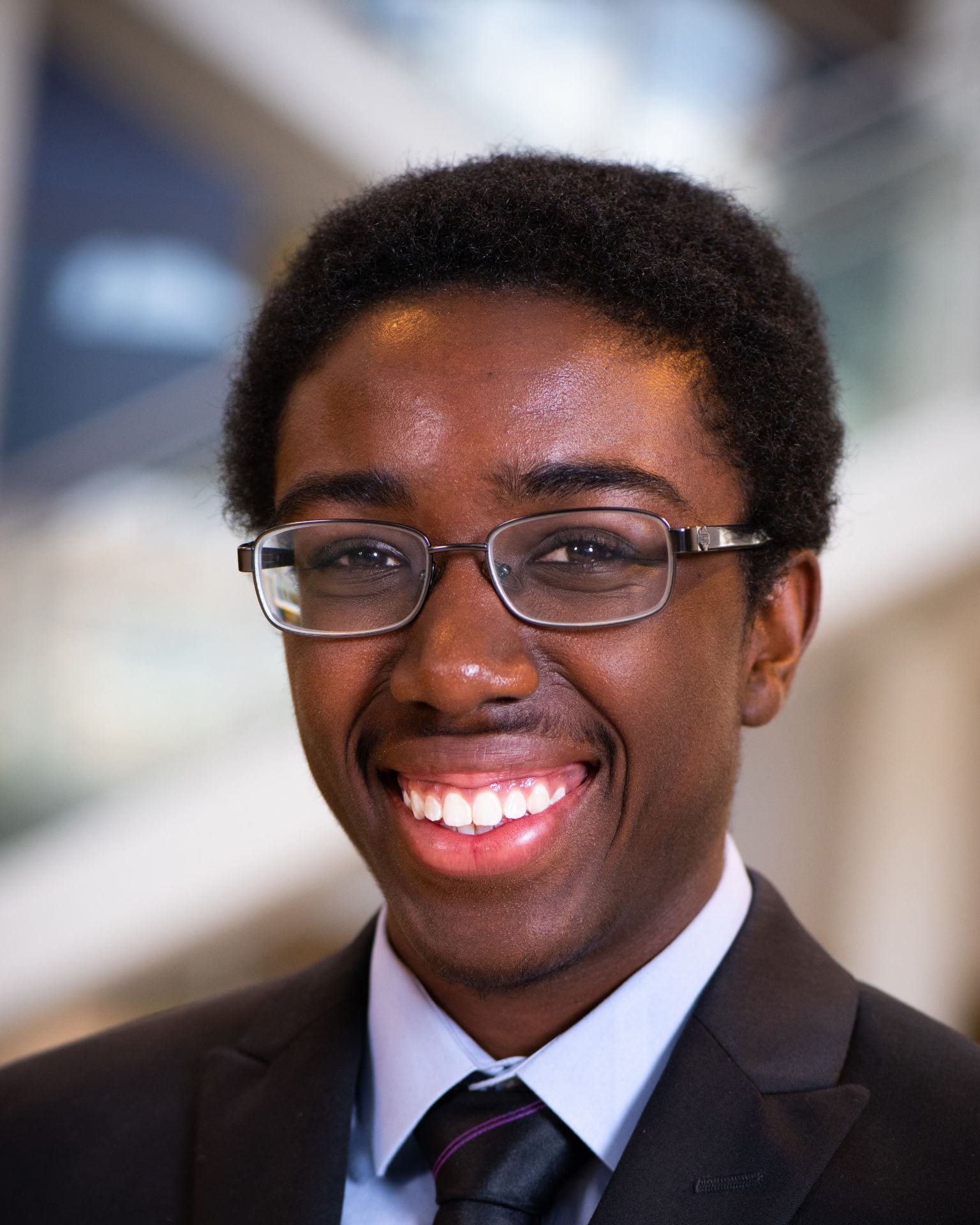
Kyle Thomas
2019
Kyle graduated from Washington University in St. Louis where he studied biomedical and systems engineering. His past research includes work with identifying the mechanisms behind ciliary beating and with developing microfluidic devices for chloride analysis in sweat. He is now a part of the Sam Sober Lab through the joint Georgia Tech and Emory BME PhD Program. His current research focuses on understanding how neural codes in the spinal cord change during sensorimotor adaptation.
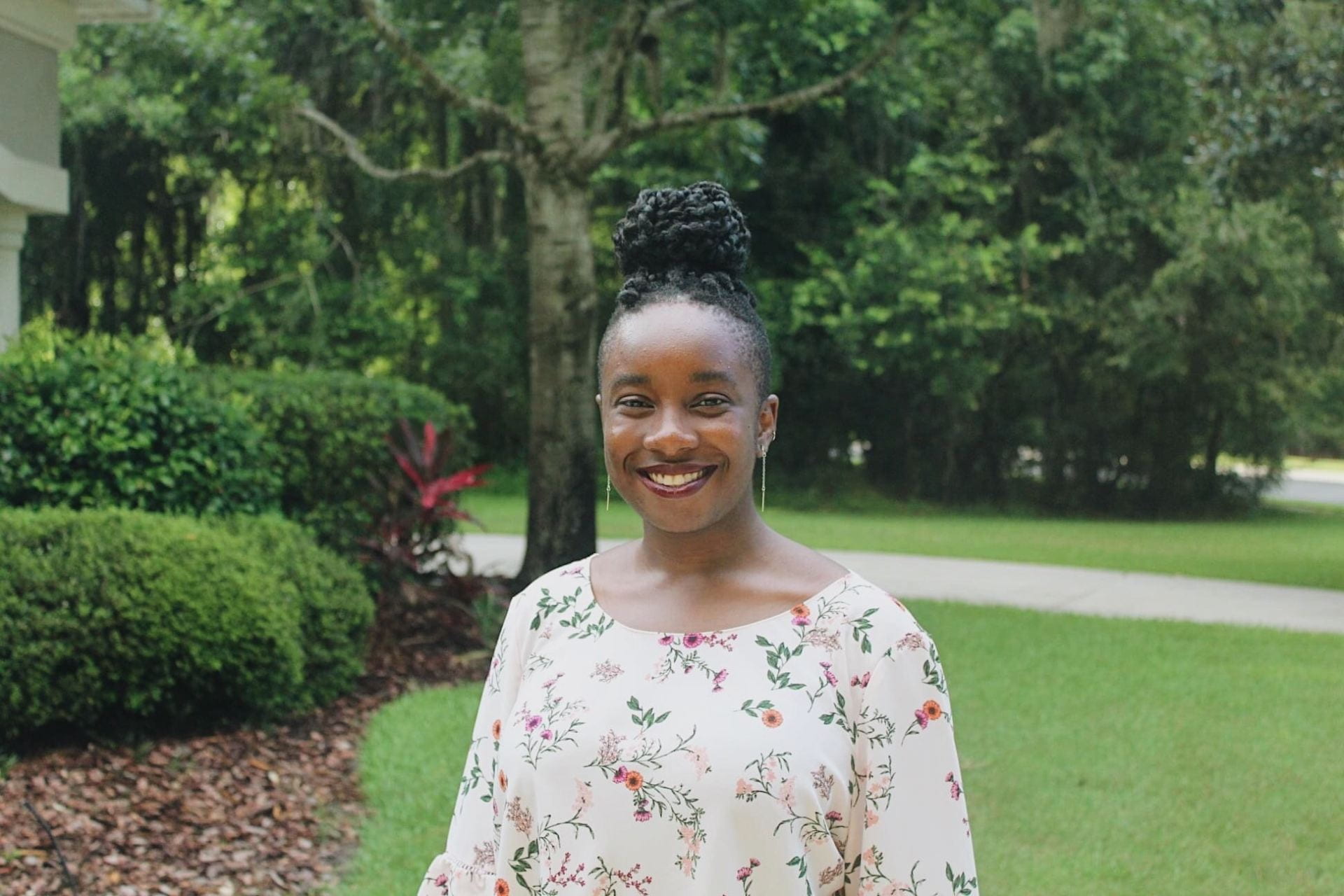
Nmachi Anumba
2019
Nmachi graduated from Penn State University in 2018 with a B.S. in Biomedical Engineering and a B.A. in Spanish. As an undergraduate she conducted research in the development of a portable MRI machine with Dr. Steven Schiff at Penn State and in the 3D printing of hydrogel MRI phantoms with Dr. Michael Lustig at the University of California, Berkeley. Her undergraduate thesis under Dr. Cheng Dong dealt with the migration of nanoparticles conjugated to immune cells across the Blood-Brain Barrier as a potential drug delivery technique. After graduating from Penn State, Nmachi was awarded as a Fulbright Scholar and spent 9 months in Puebla, Mexico assisting professors and graduate students in their academic English. Nmachi is currently a second year PhD student in Dr. Shella Keilholz’s lab studying the role of locus coeruleus activity in Alzheimer’s disease using optogenetics and fMRI.
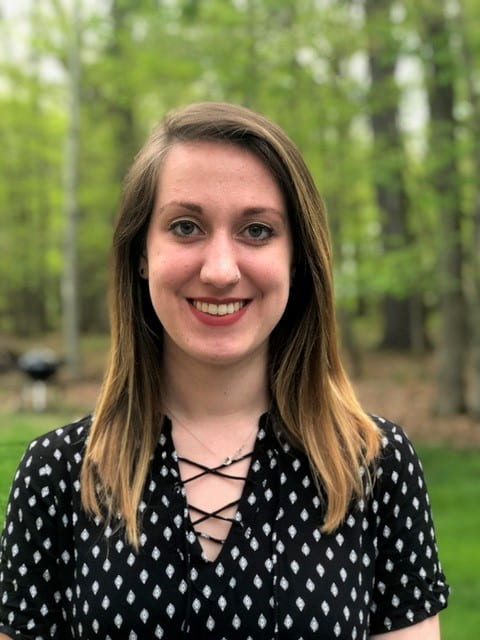
Brianna Karpowicz
2019
Brianna completed a BSE in bioengineering at the University of Pennsylvania in 2019, where her research focused on understanding auditory information processing. She is currently a graduate student in Biomedical Engineering in the lab of Dr. Chethan Pandarinath. Her research interests focus on developing computational approaches to improve brain computer interface robustness.
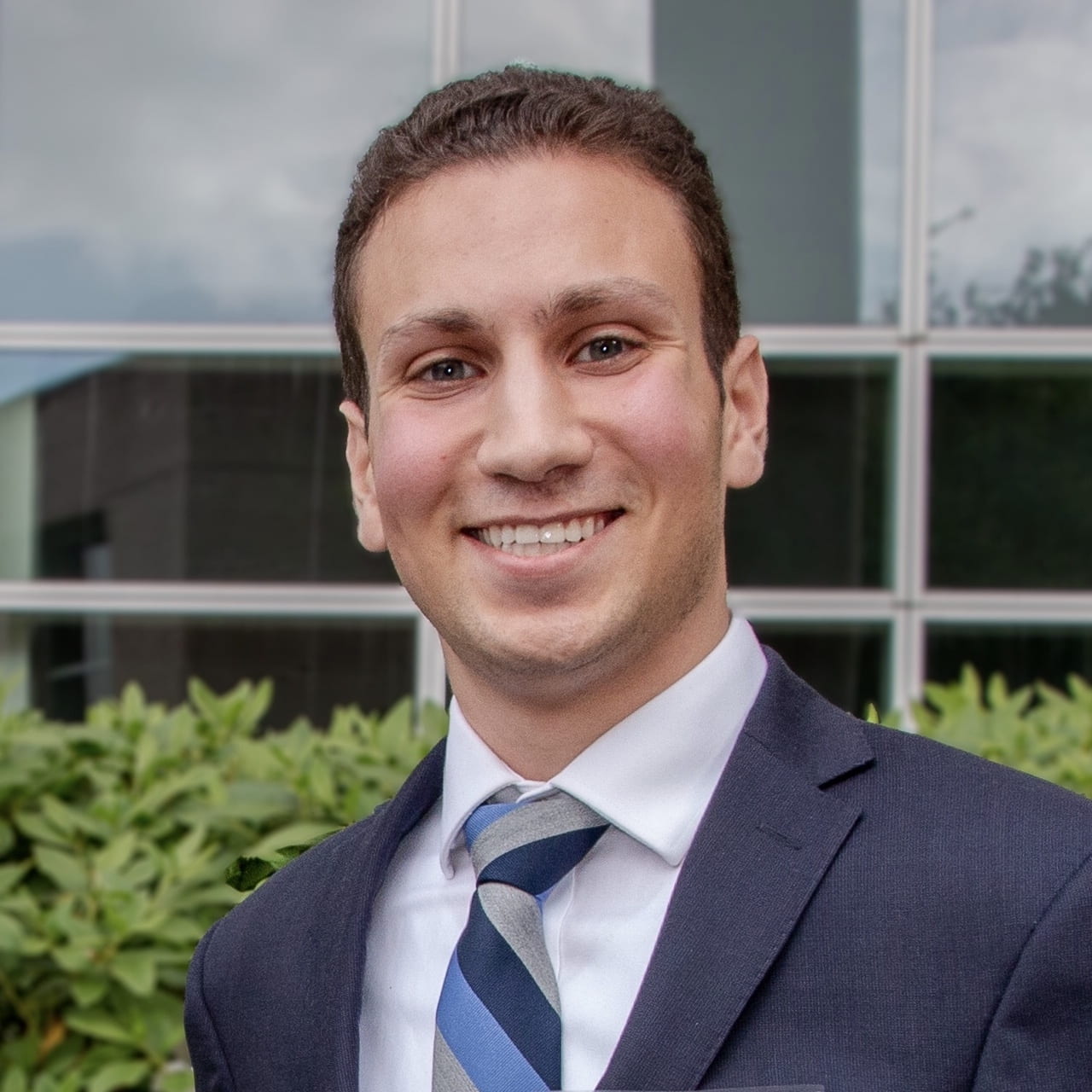
Yahia Ali
2019
Yahia graduated from Georgia Tech in 2019 with a B.S. in biomedical engineering. As an undergraduate, his research focused on the development of a scalable rodent training system for studying the brain’s control of movement. Outside of the lab, he was also a member of the BME department’s inaugural Developing World Capstone program, where he spent his senior year developing fetal heart monitor technology for use in low-resource areas. Now, as a PhD candidate in Prof. Chethan Pandarinath’s lab, Yahia combines his interests in neuroscience, machine learning, and medical technology to develop brain-machine interfaces that assist individuals with movement disorders.
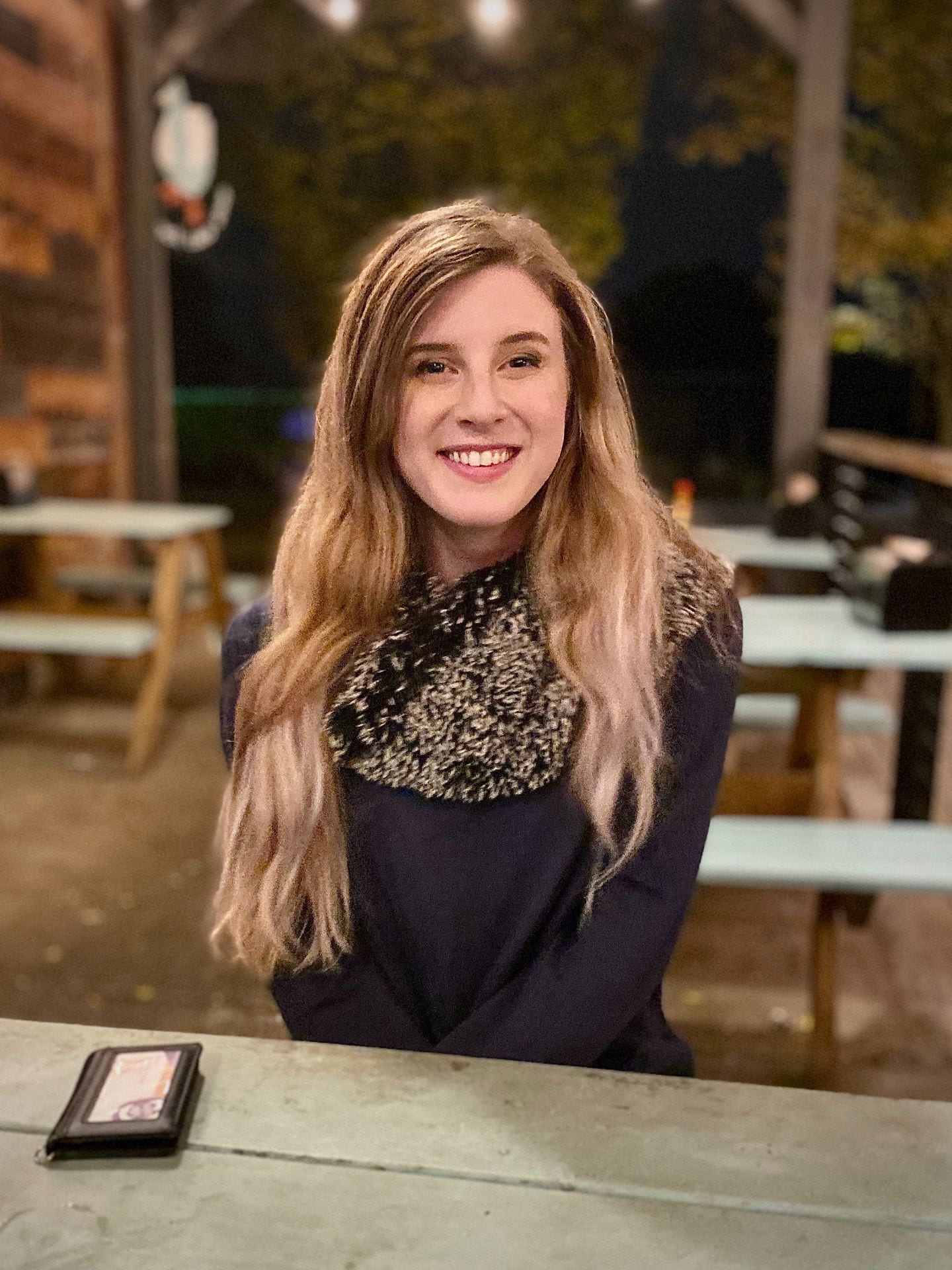
Erin Shappell
2020
Erin graduated from Clemson University in 2020 with a B.S. in computer engineering and a minor in psychology. As an undergraduate in Dr. Melissa Smith’s lab, she completed an honors thesis in EEG data prediction and seizure classification. She has also participated in two NSF REUs: one where she advanced a device that measures the vitality of yeast cells in beer brewing facilities and another where she developed a computational model of the rodent lower urinary tract. With her former REU advisor, Dr. Satish Nair, she is writing an e-book of neural engineering lessons and activities for K-12 teachers. As a graduate student at Georgia Tech’s bioengineering program, Erin hopes to apply her knowledge in computer engineering to a project in functional brain imaging or neural circuit modeling. As time permits, she hopes to continue her involvement in K-12 outreach.
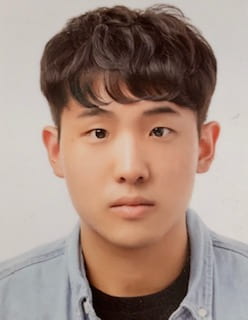
Albert Lee
2020
Albert Lee graduated from Georgia Institute of Technology where he studied Neuroscience. As an undergraduate researcher in Pathology Dynamics Lab, his research focused on the development of in silico Wild-type and Amyotrophic Lateral Sclerosis mouse models of multi-factorial, multi-scalar, and temporal regulatory physiology. Albert is currently a graduate student in Machine Learning and hopes to study complex diseases using machine learning.
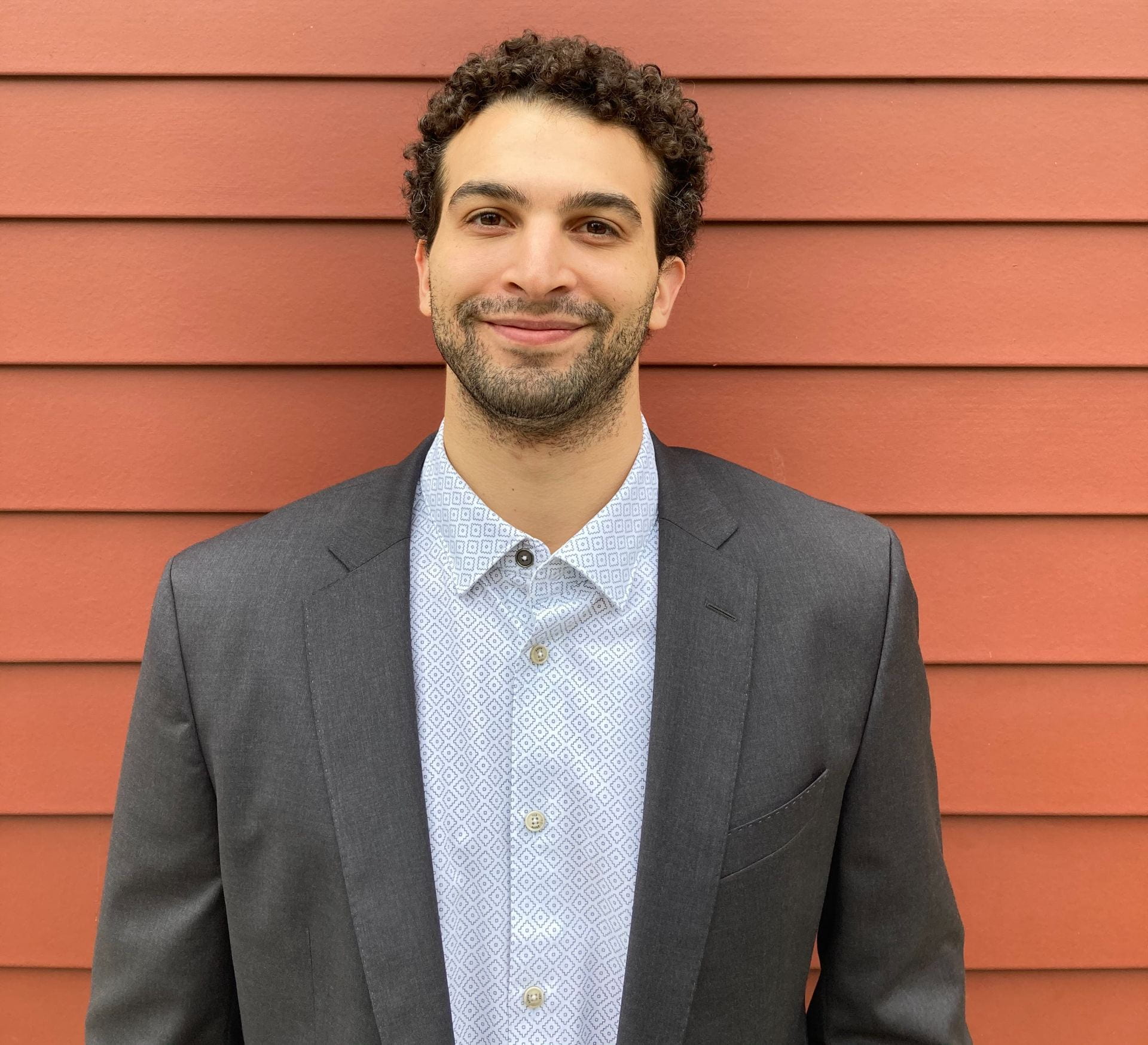
David Weiss
2021
David Weiss graduated with an MSE in bioengineering from the University of Pennsylvania. His Master’s thesis under Dr. Timothy Lucas focused on developing computational models to evaluate the feasibility of using homodyne interferometry for real-time monitoring of neural activity. As a graduate student in Georgia Tech’s bioengineering program, David aims to investigate how the brain represents information and interprets exogenous signals in order to improve sensory prostheses.

Farhan Rahman
2021
Farhan graduated from Arizona State University in 2020 with a B.S.E. in Electrical Engineering and a B.S. in Computer Science. As an undergraduate student, he completed his honors thesis in Dr. Pavan Turaga’s Geometric Media Lab under an NSF REU grant. His undergraduate research focused on using a novel signal processing technique and machine learning on movement data to classify Parkinson’s disease patients from healthy individuals and rate the severity of their disease. Now a Ph.D. student in Georgia Tech’s Electrical Engineering program, Farhan hopes to combine his skillsets in both hardware and software to develop biomedical systems for the analysis of neurological data. He hopes that his research can be utilized for advances in treatments for neurological diseases and ailments.

Jake Stephens
2022
Jake graduated from the University of Florida in 2020 with a BS in biomedical engineering where he studied biomechanics and conducted research in neuroprostheses with Dr. Kevin Otto. He then completed a Master’s degree in biomedical engineering at Georgia Tech with Dr. Lena Ting and Dr. Tim Cope, where he studied the effects of tendon compliance on muscle spindle behavior. As a PhD student, Jake intends to study neuromechanical function in athletes and clinical populations to better understand how motor function may be improved through training.

Anna Pritchard
2022
Anna graduated from Texas A&M University with a B.S. in Biomedical Engineering and a minor in Electrical Engineering in 2021. She then completed her M.S. in BME at Texas A&M in 2022 under Dr. Dylan McCreedy. Her research focused on computational approaches to analyzing Lightsheet image data of murine spinal cords, using DTI-based methods for applications of quantifying axon sparing after spinal cord injury. As a Ph.D. student in the Emory/Georgia Tech BME program, Anna’s research interests lie at the intersection of machine learning and neuroscience, with a focus on the development of clinical brain-computer interfaces for individuals with motor impairments.

Camille Guzman
2022
Camille graduated from Northwestern University in 2021 with a B.S. in Biomedical Engineering. She worked in multiple labs throughout her undergraduate career, first evaluating perceptual deficits in individuals with hemiparesis and later assessing limb control of transtibial prosthesis users. Following graduation, she remained at Northwestern in their Neuroscience Post-Baccalaureate Research Education Program (PREP), where she worked under Dr. Matthew Tresch evaluating a wireless stimulation device in rats with spinal cord injury. Now a PhD student in the Joint Georgia Tech/Emory BME program, she is interested in exploring electrical stimulation paradigms to induce neuroplasticity and developing brain-computer interfaces for individuals affected by stroke or spinal cord injury.
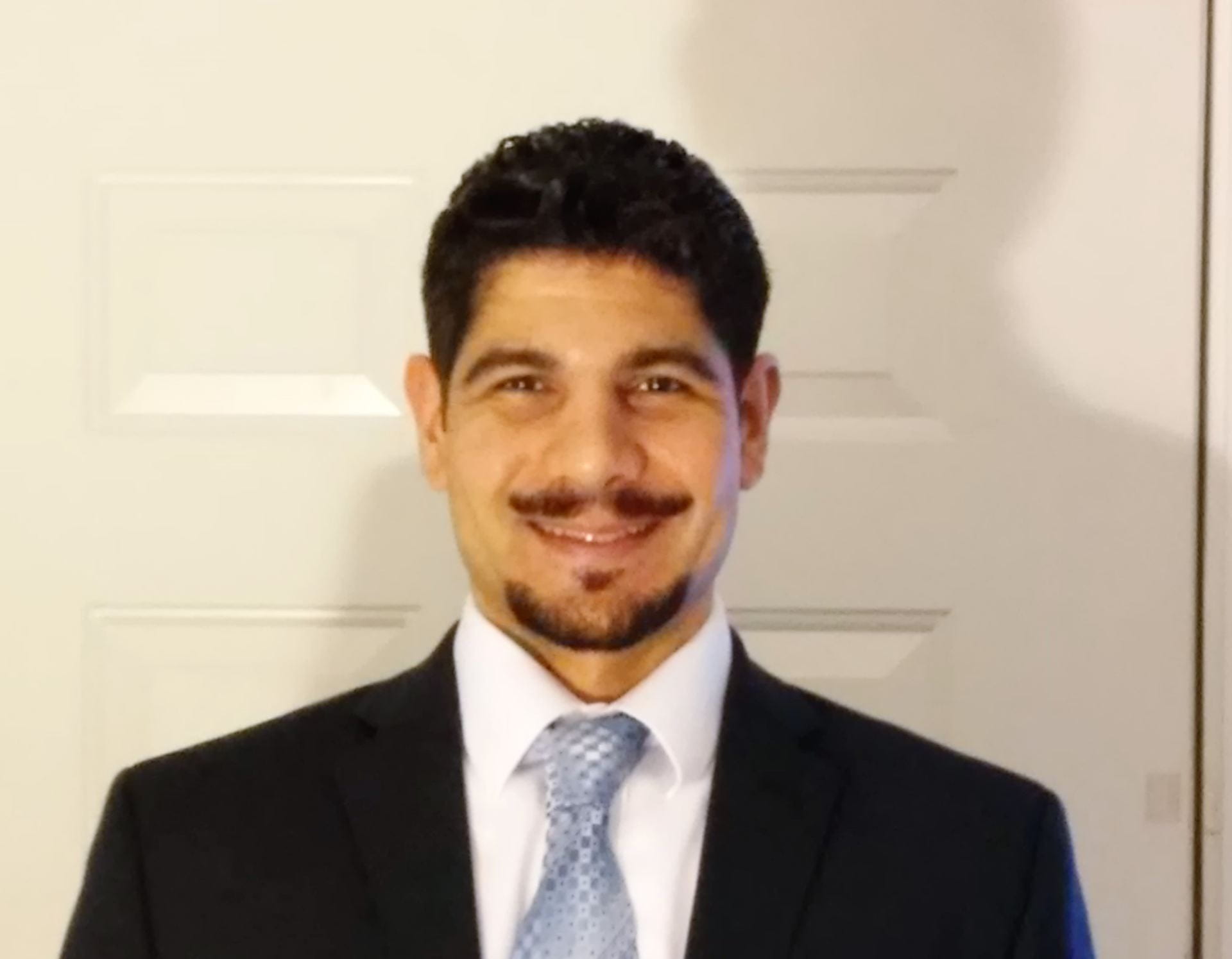
Sina Dabiri
2022
Sina graduated from University of California, Riverside, where he got his bachelor’s in Neuroscience and master’s in Biochemistry. As an undergraduate he conducted research on neuro-glial interaction in hypothalamus’ milk-ejection reflex of rats with Dr. Glenn I. Hatton. He then moved to work in biotech and pharmaceutical industries (Life Technologies and Baxter) for about three years. He then returned to academia to conduct research in Neuroengineering and Brain-Computer Interface (BCI) field at California State University, Northridge. There as an Electrical Engineering student in Dr. C.T. Lin’s laboratory he worked on cognitive control of a smart wheelchair, receiving the Sally Casanova Pre-Doctoral Scholarship for research and summer internship. He then did an internship at Oregon Health and Science University’s Dr. Barry Oken’s laboratory and developed an algorithm to improve their BCI system for locked-in patients. He then began working in University of California, Berkeley’s Dr. Grace O’Connell’s laboratory to develop hand prosthetics for children and later for adults. Then he moved to Gladstone Institute in San Francisco Dr. Steve Finkbeiner’s laboratory where he developed image processing scripts for their longitudinal robotic microscopy platform. Currently, he is a Biomedical Engineering PhD student in the laboratories of Dr. Robert Gross and Dr. Annabelle Singer, researching the use of audiovisual stimulation therapeutically for epilepsy. He is interested to use closed-loop approaches such as Bayesian Optimization to choose a frequency of stimulation that would maximally decrease one of the biomarkers of epilepsy, interictal epileptiform discharges, in seizure onset zone.
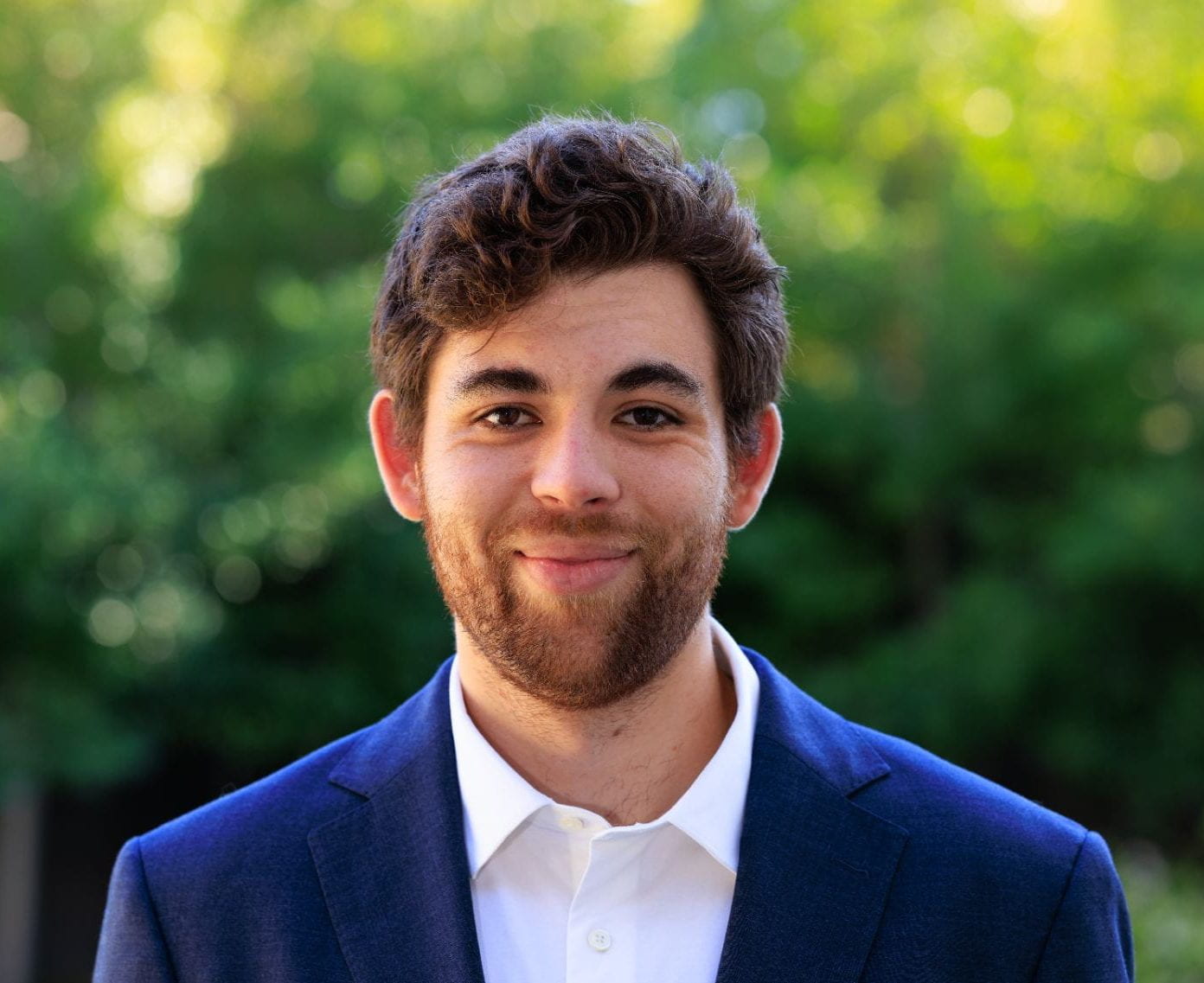
Tyler Albarran
2023
Tyler graduated from Dartmouth College in 2017 with a B.E. in Electrical Engineering and a B.A. in Engineering Sciences. Before continuing his studies in 2021, Tyler worked as a digital design engineer at Marvell Technology. In 2023, Tyler completed his M.S. in Electrical and Computer Engineering (ECE) at UCLA. Working under Dr. Wentai Liu at the Biomimetic Research Laboratory, his master’s thesis focused on developing optimization methods for temporal interference peripheral nerve stimulation. Now an ECE Ph.D. student at Georgia Tech, Tyler aims to combine his interests in neuroscience, signal processing, and machine learning to enable reliable inter-patient treatment of neurological disorders.

Domenick Mifsud
2023
Domenick earned his BS (2020) and MS (2023) in Computer Science from Colorado State University. During his master’s, he focused on the intersection between real-time AI and mixed reality. Now, as a PhD student, he is interested in the development of machine learning for brain-computer interfaces that enhance the lives of individuals with motor impairments.
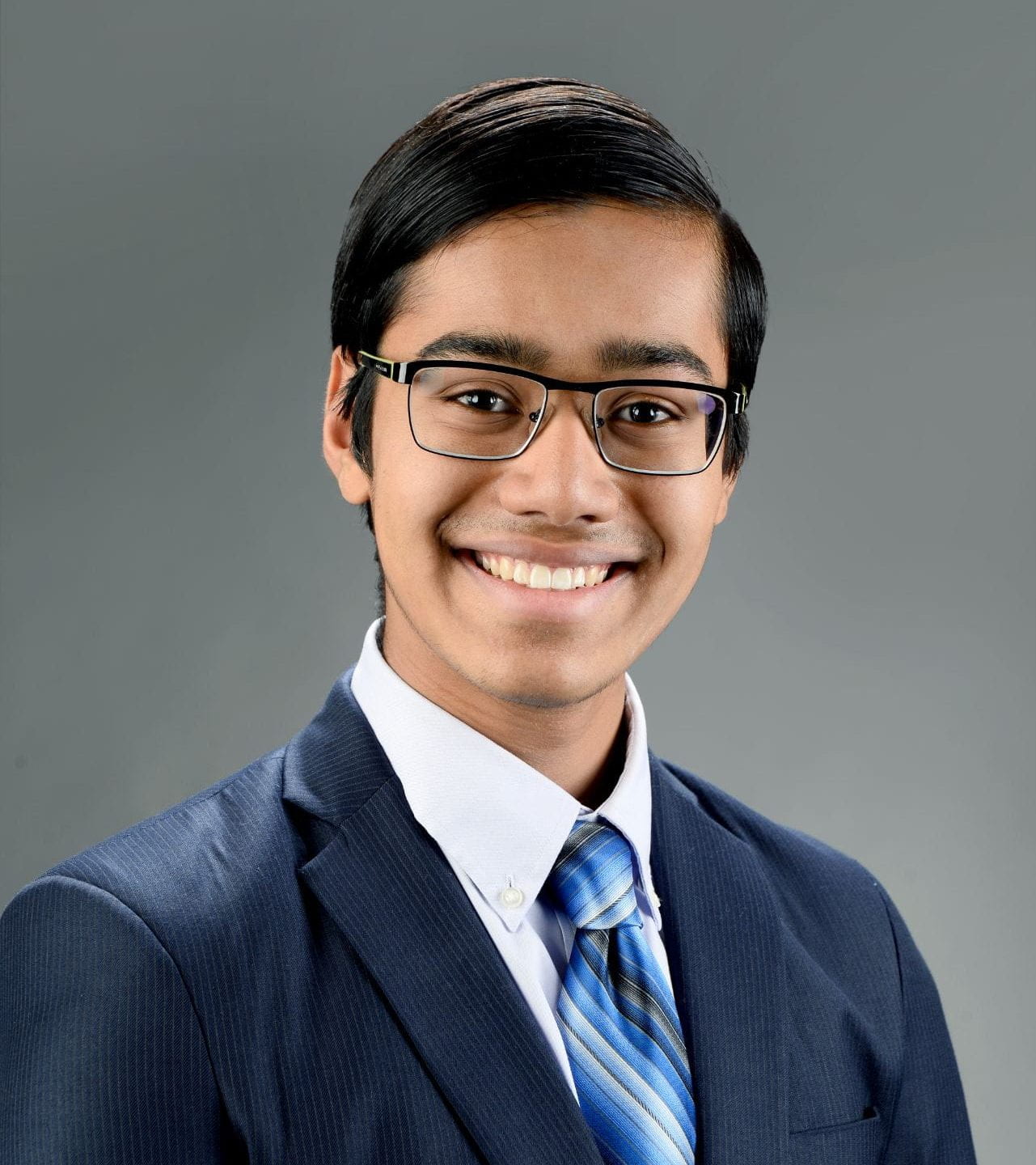
Vivek Anand
2023
Vivek graduated from Penn State in 2021 with a B.S. (Honors) in Computer Science, a B.S. in Biology and a minor in Statistics. In 2023, he received his M.S. in Computer Science from Georgia Tech, specializing in Machine Learning. His thesis research, supervised by Prof. Aditya Prakash, focused on modeling and predicting hospital associated infections using agent-based models and hypergraphs. Currently, as a PhD student in Georgia Tech’s Machine Learning program, Vivek is using active learning to perform psychometrics and aid psychotherapy.